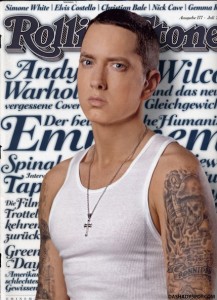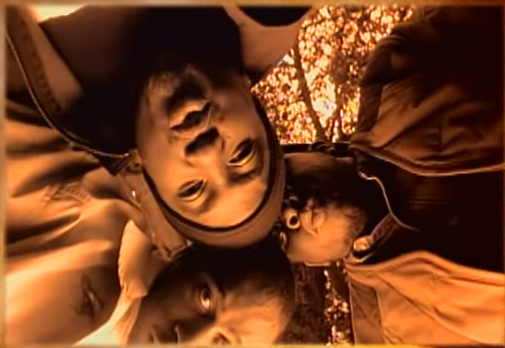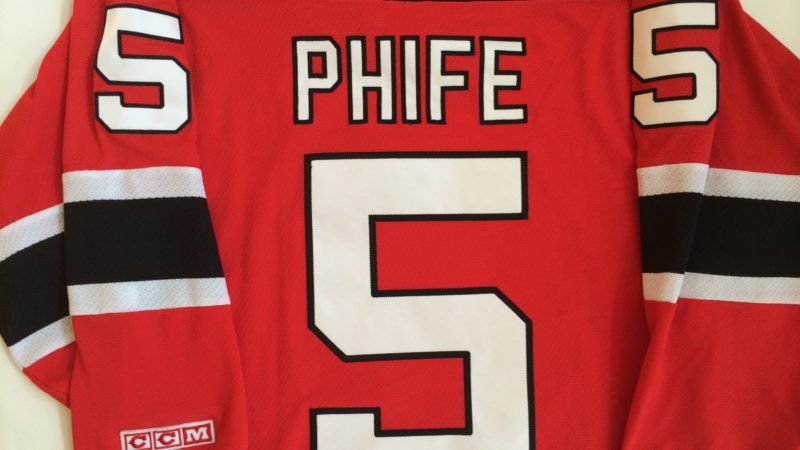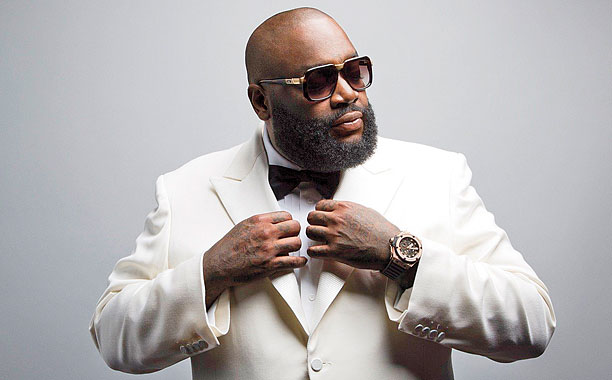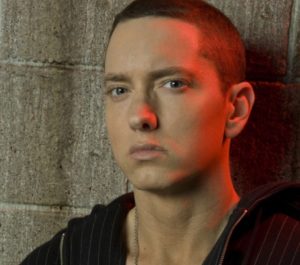 By Jordan Forrester
By Jordan Forrester
There has been a virtual well-spring of conversation about white Hip-Hop in the blogosphere recently. Nothing horribly analytical, just a collection of light-hearted pieces indicating its existence. Now I am aware that white people rap. I’m also aware that white people listen to and purchase rap. However, I wasn’t aware that white rappers had their own sub-genre.
When did this happen? I mean white folks have been rapping since coke spoon necklaces and the Bee Gees were hot. Blondie’s Rapture is documented as the first rap record to reach the top of the pop charts. The Beastie Boys were dropping singles before LL took his first trip to the gym and 3rd Bass had folks Steppin to the AM before some of you had your first pair of hard-bottomed shoes. However, now there needs to be a line of demarcation between white rap and black rap?
I guess I find this hard to conceive because I remember when people started suggesting that Hip-Hop was not a purely African-American art form anymore. At a point in the culture’s not too distant past, it became really bad business to say Hip-Hop was black music. Rap was incorporated into pop culture and it became an American art form. So it evolved into this multi-cultural love fest, spread from continent to continent and now there are hints that white rap is looking to secede from the same Hip Hop nation it elbowed itself into.

From a completely pragmatic stance, now would be a good time. Young white males make up the majority of rap consumers and if Eminem has taught us anything it’s that these consumers are more apt to spend their money on a rapper they can identify with(code for other white rappers). Rap is at an odd plateau in its growth, engendering more than a little confusion in artists and fans alike. There are also, it seems, more rappers than followers which means the dwindling wealth is being spread very thin. So, narrowing the selection for your top consumers through a subliminal campaign would essentially hold their dollars within the realm of the melanin challenged rhyme slingers.
Of course, this is all speculation on my part, and I’m not suggesting this is a contrived movement supported by the artists. However, as labels journey down any and all avenues to resuscitate the failing music business, I wouldn’t put this past them. Back in the day you had to see an album’s cover art before you figured out the emcee was white. Now in many instances, the sound is different and the artists don’t appear to be cultivating a well- rounded audience.
So call me what you would like, but I really don’t think there can be anything more divisive than the genre “Cracker Rap.” (And no I did not make that up.) Those words are exclusionary and sooner or later Jim Crow (no Holla) might be catching its second wind thanks to Hip-Hop.
Follow us on Twitter @ http://twitter.com/planetill

